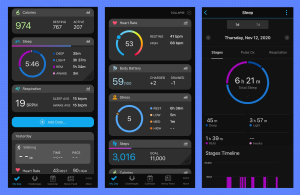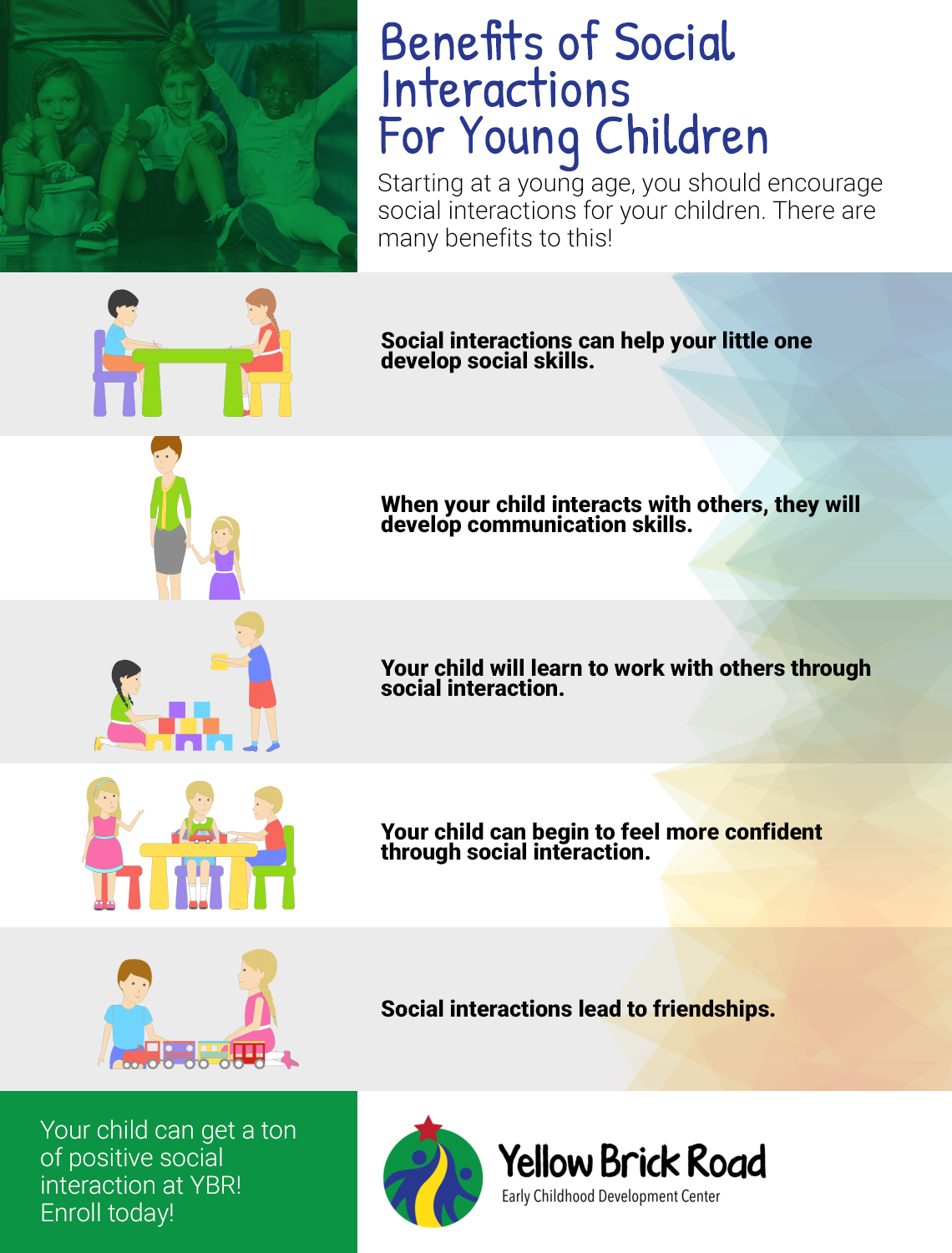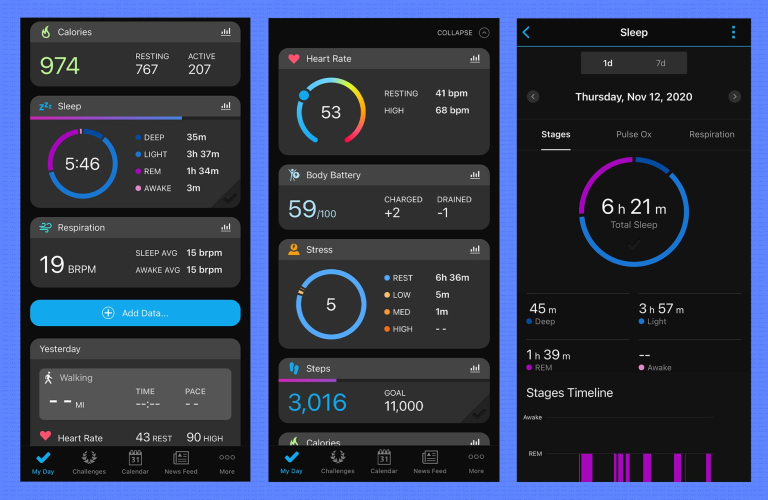Social interaction needs are an essential part of human existence, often compared to the necessities of food and water. The importance of social connections has garnered significant attention, especially in light of the U.S. Surgeon General’s 2023 declaration about social isolation being a public health crisis. Researchers are now uncovering the neurological basis of social behavior, paving the way for a deeper understanding of mental health and social behavior. Findings suggest that the drive for social contact is rooted in our biology, akin to our hunger and thirst instincts. Understanding these social needs is crucial, as they not only impact social health but also serve as a foundation for our overall well-being.
The necessity for social engagement is often framed as a fundamental condition for thriving human interaction. Terms like social connectivity and companionship emphasize how integral these social ties are to our collective existence. A growing body of research points to the brain’s intricate response to social stimuli, revealing links between neurological pathways and our intrinsic desire for social bonds. This discourse delves into how our mental and emotional welfare is influenced by these connections, highlighting the parallels between social behavior and other critical needs like nourishment and hydration. By investigating the intricate relationship between social requirements and our psychological state, we gain insight into fostering healthier communities.
The Neurological Basis of Social Behavior
Recent research has uncovered significant insights into the neurological basis of social behavior, suggesting that our drive for social interaction is deeply rooted in our brain’s architecture. The study pivotal to this understanding, published in *Nature*, highlights a hypothalamic circuit that governs our social connection needs. This research indicates that social behavior may not solely be a pursuit of pleasure but rather a mechanism to mitigate discomfort, akin to our primal needs for food and water. Such findings open new avenues for understanding mental health issues, revealing how entrenched social health is in our neurological framework.
In examining the interactions between social engagement and neurological activity, researchers like Ding Liu have emphasized the importance of recognizing that the processes driving our social needs are interconnected with our basic physiological requirements. For instance, the activation of specific neurons in the hypothalamus during moments of social deprivation mirrors the responses we associate with hunger and thirst. This correlation underlines the necessity of social contact for mental well-being, leading to a broader discourse on how society structures social networks and support systems.
Understanding Social Interaction Needs
The increasing recognition of social interaction needs as essential for human health has reshaped our approach to mental wellness. Social connection, on par with physical necessities, establishes a foundation for social health, significantly influencing emotional resilience and psychological equilibrium. Studies have shown that the lack of meaningful social interactions can intensify feelings of depression and exacerbate mental health disorders, underscoring the critical role of these connections in our lives.
Moreover, social interaction impacts not just individual mental health but collective societal wellness. The implications of isolating behaviors, particularly in the context of modern digital interactions, demonstrate a shift in how we perceive companionship. As people gravitate towards virtual connections, the limitations of such interactions become apparent, igniting a conversation about the importance of fostering genuine in-person relationships to fulfill our innate social needs effectively.
In investigating the dynamics of social interaction, researchers have also scrutinized various aspects of sensory contributions that affect our social behavior. A recent study demonstrated that even with visual or auditory stimuli, the absence of tactile experiences could lead to feelings of isolation. This revelation suggests that beyond just watching or talking, the need for physical touch enhances our social connections and affirms our belonging within a community. Such insights are profoundly relevant in our increasingly tech-centric world, where the warmth of genuine interaction can be diminished.
Further exploration of how sensory inputs shape social needs reflects the complex interplay between our environmental context and social behavior. The preferences observed in animal models signify a broader principle that can be applied to human interactions. Considerations of touch, from basic hugs to handshakes, not only foster social bonding but are signifiers of relational health. To counteract the societal shift towards diminished physical interactions, emphasizing the importance of personal touch can reinvigorate community engagement and bolster mental health outcomes.
The Importance of Social Connections
Social connections significantly influence our overall health, acting as a buffer against life’s stresses and promoting psychological well-being. The U.S. Surgeon General’s findings on social isolation reveal a pressing public health issue, pointing to the detrimental effects that disconnection can bring about, including increased rates of anxiety and depression. This growing body of research emphasizes the fundamental importance of maintaining social ties, not just for comfort, but as a necessary element for mental and emotional health.
Furthermore, the notion that social connections can enhance one’s resilience against mental health challenges cannot be overstated. Engaged communities provide not only support but also reinforce a sense of belonging, which, as studies suggest, is vital for emotional stability. Understanding that our brains are wired to seek out these connections offers a compelling argument for promoting policies and practices that enhance social interactions in various settings, from workplaces to schools.
Hunger and Social Needs: A Unique Perspective
Exploring the relationship between hunger and social needs introduces a unique perspective on our psychological makeup. Liu’s research suggests that both the drive for social interaction and the craving for sustenance are innate instincts coded within the brain. By drawing parallels between these two essential needs, researchers are paving the way for novel insights into how social contact can affect our emotional and physical health, much like nutrition and hydration.
This analogy sheds light on the consequences of prolonged social deprivation, akin to the effects of starvation. When individuals experience extended periods without social engagement, their neural responses can shift, leading to aversion towards interaction, much like the body’s protective mechanisms in response to hunger. Understanding this dynamic is crucial, as it prompts deeper investigations into how best to cultivate social environments that prevent isolation and maintain social health across different communities.
Mental Health and Its Connection to Social Behavior
The interplay between mental health and social behavior underscores the importance of community and connection in nurturing psychological resilience. Mental health conditions such as autism, depression, and schizophrenia have shown a direct correlation with the ability to engage in meaningful social interactions. The disruption of social connections can exacerbate these conditions, thus showcasing the need for comprehensive strategies that focus on enhancing social opportunities for affected individuals.
In light of these findings, mental health professionals are increasingly advocating for programs that promote social skills and interactions as part of therapeutic practices. By addressing the social behavior aspect of mental health, practitioners can help patients not just survive, but thrive in their environments, reinforcing the broader narrative that mental well-being cannot be disentangled from the quality of our social interactions.
The Role of Touch in Social Interactions
The findings surrounding touch as a vital component of social interactions have brought to light compelling implications for both our social health and mental well-being. As research suggests, physical touch fosters bonding and enhances communication, playing a crucial role in forming lasting emotional connections. Touch, ranging from simple greetings to more intimate gestures, underscores the power of human interaction in fostering community and belonging.
In an era where digital communication often replaces face-to-face interactions, it is vital to recognize the impact of diminished tactile experiences on our social health. Engaging more physically within our communities can counteract feelings of isolation and increase overall well-being. This renewed focus on touch in social settings has the potential to rejuvenate our understanding of interpersonal relationships and their critical contributions to mental health.
Implications for Future Research in Social Behavior
The exploration of the neurological basis of social behavior presents remarkable implications for future research in both the fields of neuroscience and psychology. By understanding the mechanisms that govern social needs, researchers can develop targeted interventions to improve social health and address mental health challenges. The synthesis of insights from animal models to human applications will enrich our understanding of how to create environments conducive to healthy social interactions.
Furthermore, investigating the intricate connections between physiological and psychological needs can foster innovative approaches to therapy and community support. As we deepen our understanding of the neural circuits involved in social behavior, the potential for developing strategies that enhance social engagement becomes increasingly apparent. This research could significantly influence public health policies aimed at reducing isolation and promoting community cohesion.
Social Interaction in the Digital Age
The transition to digital interactions in contemporary society has transformed how we perceive social connections. While technology allows for unprecedented access to communication, it often lacks the depth and warmth that physical interactions provide. As research shows, the instinctual drive for social contact remains constant, yet the medium through which we engage may alter the effectiveness of fulfilling our social needs. The reliance on screen-based interactions may contribute to a sense of isolation despite connectivity.
Emphasizing the importance of developing initiatives that encourage real-life interactions can bridge the gap created by digital reliance. Group activities and community engagement should be prioritized as effective methods to cultivate meaningful relationships. This focus on enhancing personal connections will not only improve individual mental health but also contribute to a more cohesive societal fabric, addressing concerns about declining social health in the digital era.
Advancing Social Health Understanding Through Research
Continued research into social health is essential for developing comprehensive frameworks that support mental well-being. Scholars and practitioners must collaborate to investigate the complexities of social behavior, including how neurological pathways influence the need for social interactions and how these can be integrated into health care practices. This ongoing inquiry aims to elevate social health from an often-overlooked aspect into a focal point of public health initiatives.
Moreover, interdisciplinary studies that incorporate insights from neuroscience, psychology, and sociology will provide a holistic understanding of social health’s role in human experience. By exploring how social behaviors impact individual and community well-being, we can devise strategies that enhance life quality across various demographics, ultimately fostering environments where social connections thrive.
Frequently Asked Questions
What is the neurological basis of social behavior and its importance in social health?
The neurological basis of social behavior is rooted in specific brain circuits that govern social interaction needs, akin to the needs for food and water. Research has shown that these neural mechanisms play a critical role in maintaining social health, illustrating that social connections are fundamental human needs. Understanding this basis helps clarify how social interactions impact mental health and overall well-being.
How does social isolation affect mental health and social behavior?
Social isolation can significantly deteriorate mental health and alter social behavior. Prolonged periods of solitude can lead to aversions towards social interaction, similar to the effects of food or water deprivation. This research indicates that fulfilling social needs is crucial for maintaining mental health and preventing disorders related to anxiety and depression.
How do hunger and social needs relate to mental health and social behavior?
Research suggests that social needs may function similarly to hunger, where the lack of social interaction can lead to discomfort, thereby impacting mental health. Just as hunger drives individuals to seek food, the aversion of social deprivation highlights the essentiality of social behavior, demonstrating that social connections are vital for mental wellness.
What role do touch and physical interaction play in fulfilling social interaction needs?
Touch plays a significant role in fulfilling social interaction needs, as demonstrated in studies where animals shown tactile stimulation exhibited improved social behavior. Similarly for humans, interactions that include touch, such as hugging or handshakes, are crucial for enhancing social bonds and meeting social health requirements.
Why is understanding the importance of social connections vital for mental health?
Understanding the importance of social connections is essential for mental health because social bonds have a direct impact on psychological well-being. Researchers emphasize that a lack of social engagement can lead to severe mental health issues, thus encouraging a focus on fostering social interactions as a vital component of holistic health.
| Key Point | Description |
|---|---|
| Social Interaction as a Basic Need | Health professionals consider social connection as essential as food and shelter. |
| Neurological Basis of Social Needs | Research by Liu et al. explored how social interaction needs are encoded in the brain. |
| Surgeon General’s Concern | In 2023, social isolation was highlighted as a significant public health issue. |
| Animal Studies | Social needs in animals are critical for well-being, similar to basic needs. |
| Neural Circuits | The study found neural activity in the hypothalamus related to social needs. |
| Isolation Effects | Prolonged isolation can lead to aversion to social interactions. |
| Role of Touch | Touch is crucial for fulfilling social needs, as shown in mouse experiments. |
| Human Relevance | Findings may provide insights into human social interactions in a digital age. |
| Conclusion from Research | Understanding social interaction needs can enhance mental health and relationships. |
Summary
Social interaction needs are increasingly recognized as crucial to human health, comparable to our most basic physical needs. The recent research has uncovered the neurological underpinnings that dictate our instinct to seek companionship, emphasizing that the avoidance of discomfort may be a primary driver behind our social engagements. By unraveling these connections, we open pathways to understanding the profound impact of social interactions on mental well-being and the importance of nurturing these bonds in our increasingly isolated world.









